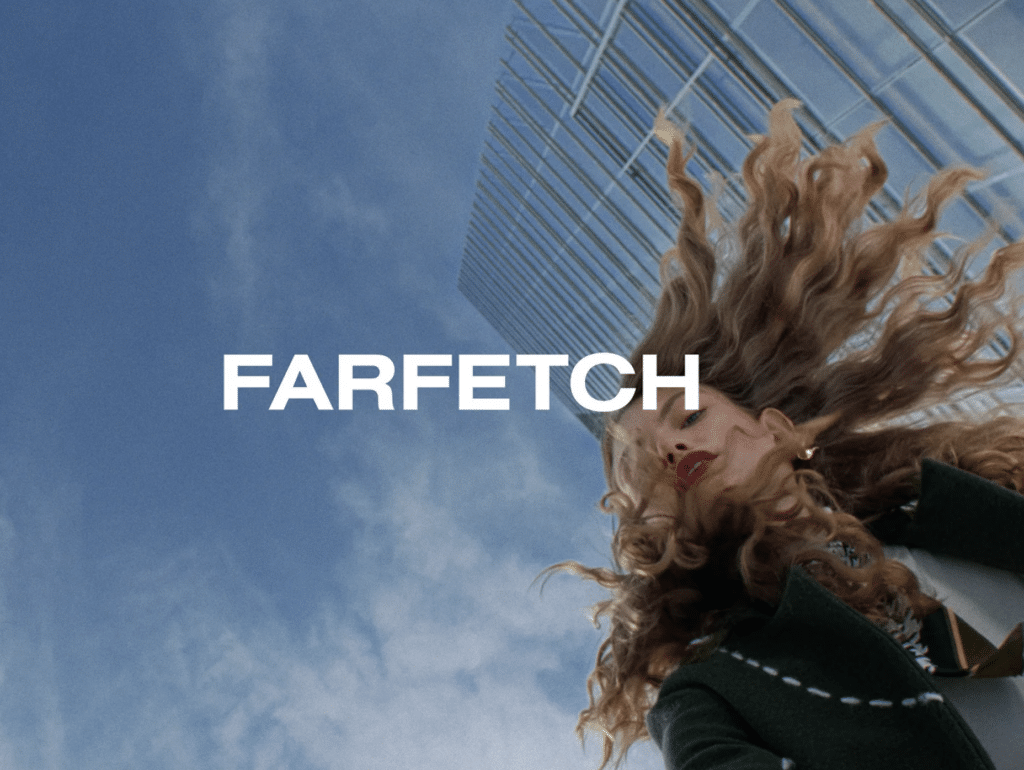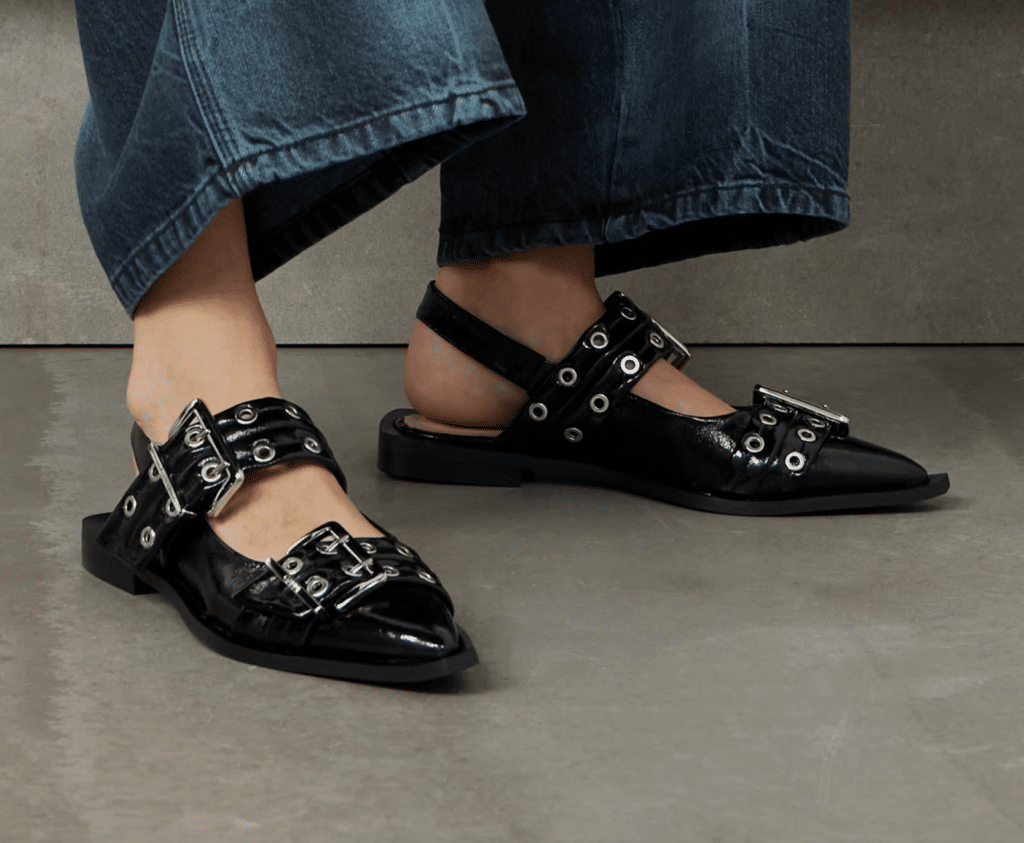Pressure to get plastic surgery, strict weekly weigh-ins, and routine cases of financial victimization. These are the realities of the fashion industry for models, according to a strongly-worded lawsuit by former Wilhelmina model Louisa Raske. “There is nothing beautiful about the way the modeling industry in New York City treats its models.” In reality, they claim, “some of the largest and most powerful modeling agencies in the City and the world, have systematically taken advantage of the models they claim to represent by unlawfully diverting millions of dollars in value from the models to themselves.”
On the heels of targeting major model management companies in at least two other multi-million class action lawsuits in the past several years, Raske and fellow named plaintiffs Vanessa Perron, Marcelle Almonte, Carina Vretman, Eleni Tzimas, Melissa Baker, Grecia Palomares and Alex Shanklin allege in a new complaint filed this week in New York Supreme Court that they were subjected to an array of exploitative practices at the hands of some of the fashion industry’s most prominent modeling agencies.
In particular, the models claim that powerhouse agencies Wilhelmina, Next, Elite and Click Models, victimize and exploit the models on their rosters by weighing them as often as three times per week, which model Melissa Baker – who says she was earning $10,000 per day at the time – alleges was her experience with Click Models.
Click still owes Baker tens of thousands of dollars, according to the suit, after re-using an image of her in a L’Oreal campaign without compensating her for such use; such unauthorized usage of models’ imagery is a common practice, according to the multi-million dollar suit Raske filed in 2013 against L’Oreal, Wilhemina Models, Ford Models and Elite Model Management.
Vanessa Perron claims that at 5 ft. 11 in. and 110 pounds (which is considered “underweight” by the National Institute of Health) , she was allegedly told by her agency, Next, to lose weight and “instructed” to have plastic surgery to appear “slimmer.”
All the while, shadowy financials complicate models’ lives, according to the suit. For instance, the models allege that “undocumented expenses” of up to 70 percent were commonly withheld from their paychecks, while paychecks were withheld entirely in other instances, sometimes, for as long as three months.
In the meantime, the modeling agencies actively offered “advances” for those strapped for cash, thereafter charging “substantial interest” on those funds. “This practice is particularly insidious,” the models claim in their lawsuit, “because the models only needed the advances in the first place because of Defendants’ unlawful practice of not paying a model his or her wages until many months after the work had been performed (if ever).”
In addition to seeking class action certification, which would enable other models similarly situated to join the suit and share in the final settlement, the named plaintiffs are seeking an array of monetary damages.
Representatives for the defendants were not immediately available for comment.











